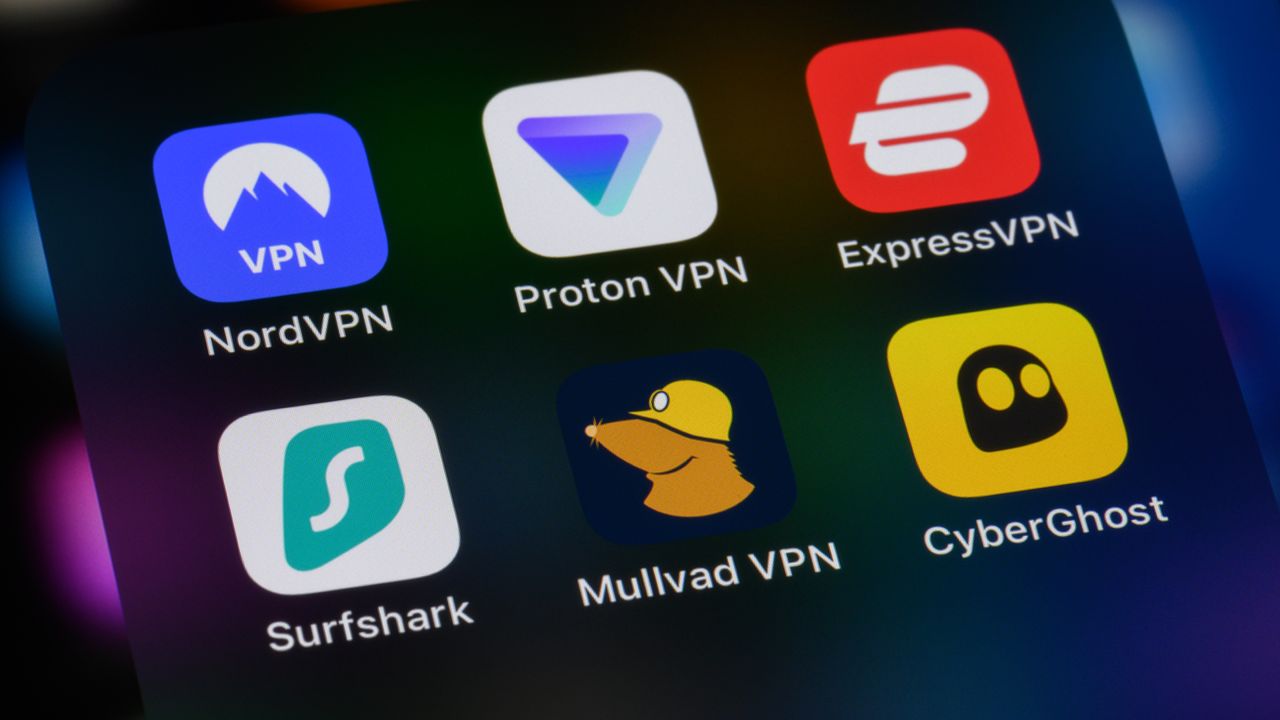
- On September 11, 2025, lawmakers in Michigan proposed a bill to completely ban adult content
- VPN usage is also at risk, as internet service providers would be forced to "monitor and block known circumvention tools"
- This comes as people are increasingly turning to VPN apps to bypass mandatory age verification checks
VPN usage is at risk for people in Michigan after becoming a target of lawmakers.
On September 11, 2025, six Michigan Republican representatives proposed a bill to completely ban the distribution of adult content material, depictions of transgender people, and VPNs.
Under the new rules, internet service providers could be forced to "monitor and block known circumvention tools," with fines up to $500,00 for failing to comply. Additionally, "the promotion or sale of circumvention tools to access prohibited material" is also banned in the state.
While the proposal is the most significant one so far, it certainly doesn't happen in a vacuum. People in and out of the US have increasingly turned to the best VPN services in a bid to bypass newly enforced mandatory age verification checks.
In the UK, for example, the children's commissioner for England, Dame Rachel de Souza, has deemed VPNs as "a loophole that needs closing" and called on the government to stop children using VPNs to bypass age checks on adult-only sites.
Michigan proposal – what we know so far

Primarily sponsored by Republican Josh Schriver, the House Bill 4938, or simply "Anticorruption of Public Morals Act," seeks to prohibit sharing, distributing, selling, or hosting "certain material" on the internet.
The targets of the bill include adult-only content in all its forms – from video and audio to magazine, AI-generated content, and even manga – as well as any depiction or description of trans people.
Contrary to similar US adult content laws that have already been enforced in some states, Michigan's proposals would ban this material for all internet users – not just for minors.
Crucially, all internet service providers operating in the state would also be required to detect and block connections coming from circumvention tools.
Lawmakers define these as "any software, hardware, or service designed to bypass internet filtering mechanisms or content restrictions, including virtual private networks (VPNs), proxy servers, and encrypted tunneling methods to evade content restrictions."
The proposal also prohibits both the promotion and sale of circumvention tools to access banned online content. A provision that resembles the law that Russia enforced back in March 2024 to criminalize the spread of information about ways to circumvent internet restrictions.
The risk of banning VPNs
According to NordVPN's privacy advocate, Laura Tyrylyte, the proposed Michigan bill poses a serious threat to internet freedom and privacy.
"By mandating the blocking of VPNs and outright prohibiting access to various online content, it infringes upon individuals' fundamental right to secure information access and online identity protection," she told TechRadar.
A virtual private network (VPN) is, in fact, security software that encrypts internet connections while spoofing the user's real IP address. These skills can help both individuals and businesses to boost their online privacy and security by minimizing the data traces they leave around the internet. Additionally, IP-spoofing can also make users look as if they're browsing from a completely different country to bypass geo-restrictions.
Ever-invasive data collection, a rise in cyberattacks, and internet censorship are making VPNs a necessary tool nowadays. These apps help people regain agency over their online privacy and security – whether that's for protecting their device when connecting to a public Wi-Fi, or accessing geo-restricted services when traveling abroad.
A made-in-the-US VPN ban also goes against the 2024 call from the US-backed Open Technology Fund (OTF) that urged Big Tech to step in and better support circumvention software.
Moreover, "Restricting access to these technologies not only jeopardizes individual liberties but also sets a worrying precedent for increased government control over the open internet," warns Tyrylyte.
This means that, if the Michigan-proposed bill passes in its current form, it could give even more levy to the likes of China, Russia, Iran, Myanmar, or Venezuela to beef up their VPN crackdown even further.







